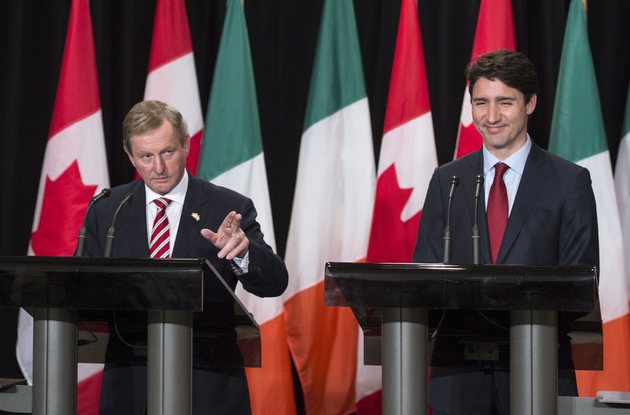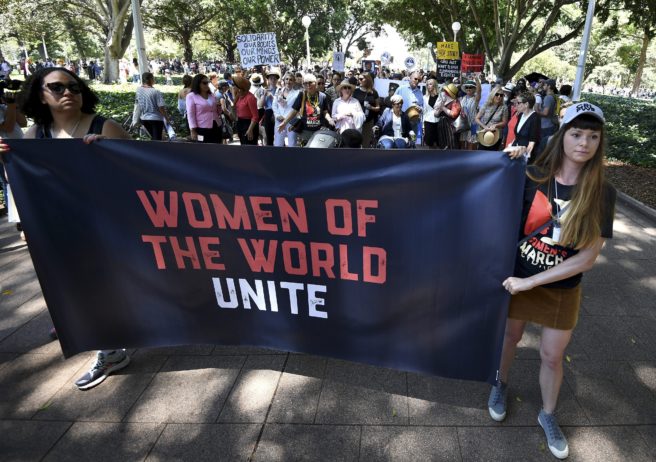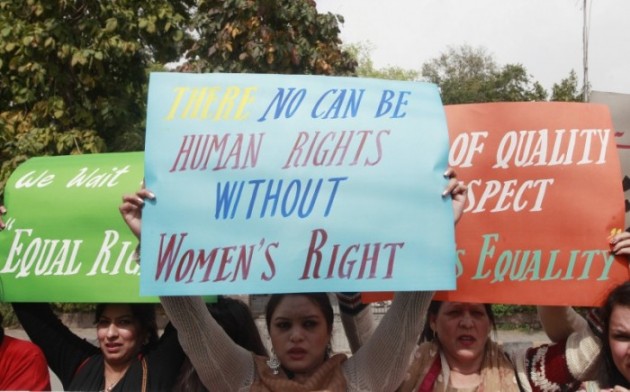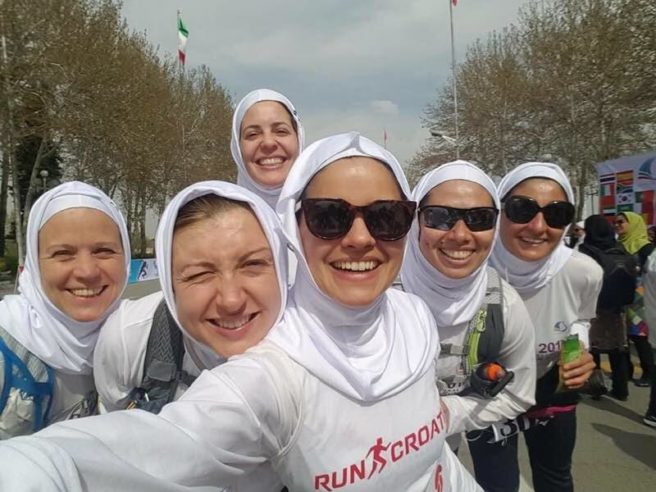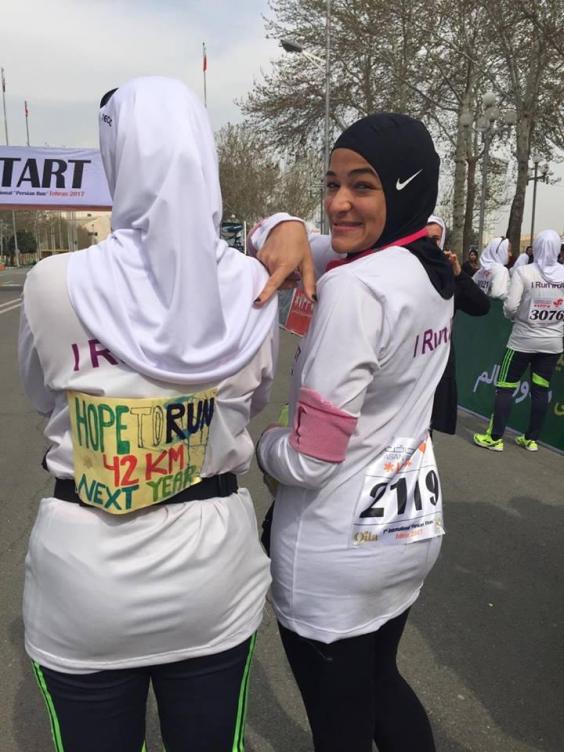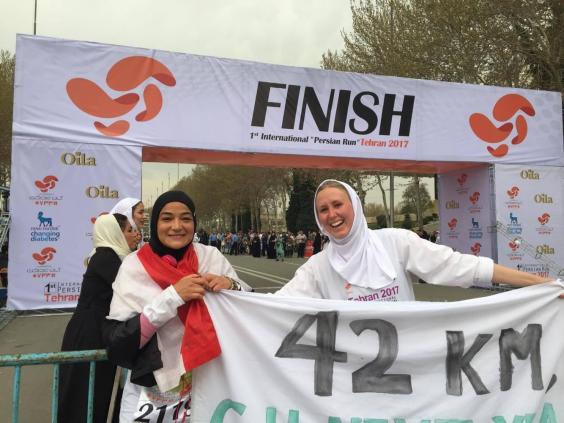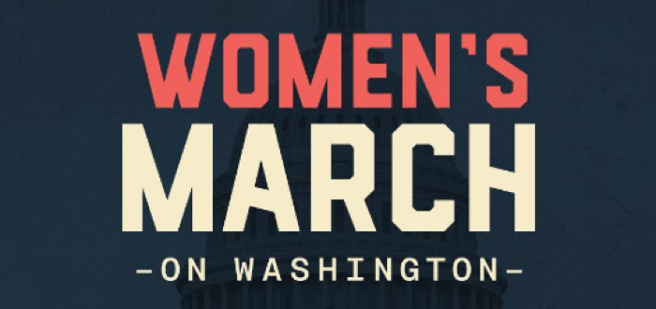Living in a country whose government has yet to extend women the right to bodily autonomy means it’s highly likely you have a view on the 8th amendment.
Whether for or against its repeal, you have an opinion on abortion.
And so too does Lena Dunham.
Indeed, the pilot episode of her award-winning series, Girls, focuses on a character’s decision to terminate a pregnancy while a later episode addresses the repercussions born of a woman’s right to choose.
And yet despite being commended for a searingly accurate portrayal, Lena seems to think that her stance on the matter is – on some level – less authentic because she herself has never had an abortion.
Speaking during a recent Women of the Hour podcast, Lena admitted that stigma surrounding abortion had – despite her best efforts – infiltrated her thought-process.
“One day when I was visiting Planned Parenthood in Texas a few years ago, a young girl walked up to me and asked me if I’d like to be part of her project in which women share stories of abortions.”
“I sort of jumped,” Lena admitted. ‘I haven’t had an abortion’, I told her. I wanted to make it really clear that as much as I was going out and fighting for other women’s options, I myself had never had an abortion.”
“And I realised then that even I was carrying within myself stigma around the issue,“ she continued. “Even I, the woman who cares as much as anybody about a woman’s right to choose, felt it was important that people know I was unblemished in this department.”
Look, there are very few of us who haven’t, at some point, found ourselves unwittingly influenced by an external narrative, but recognising this is simply part and parcel of forming an adult opinion.
Worryingly however, Lena isn’t content to merely acknowledge this element of opinion formation and move on, but instead suggests that a person's perspective is less valid if they don't have first-hand experience of the matter.
“I feel so proud of them for their bravery, for their self-knowledge, and it was a really important moment for me then to realise that I had internalised some of what society was throwing at us and I had to put it in the garbage.”
“Now I can say that I still haven’t had an abortion, but I wish I had,” she admitted.
Let’s consider that for a moment – Lena wishes she had had an abortion. And not because she is now a mother who is unequipped emotionally and/ or financially to care for a child, but so she might be able to wave her pro-choice flag that little bit higher.
Would it really make her stance on bodily autonomy more, shall we say, authentic if she had personally endured the same emotional turmoil that invariably accompanies a woman’s decision to terminate a pregnancy?
Is Lena really suggesting that her opinion on women's rights has less sway because she hasn’t found herself grappling with a certain decision?
By that token, is an individual, who protests against racial discrimination, in less of a position to do so until they themselves have been a victim of it?
Similarly, can the average Joe not object to homophobic rhetoric unless they themselves have been in a same-sex relationship?
And did the voices of the women, who marched through Dublin demanding an appeal of the 8th amendment on behalf of themselves, their sisters, their daughters and their friends, ring any less true simply because not all present had undergone a termination?
Isn’t Lena missing the point here? She appears to be under the misguided impression that women who have had abortions only seek and appreciate the support of those who have made the same choice, and ultimately dismiss the support of those who haven't.
Supporting a woman’s right to choose does not require we live parallel lives.
Demanding bodily autonomy for women does not necessitate a past ‘abortion story’.
And ‘wishing’ you had had an abortion purely so your opinion on the matter appears more authentic belittles the experience of the very women you’re claiming to support.
Don’t wish you had an abortion; wish that the women who did could have done it without judgement.

